Kiosk by kiosk, this healthcare startup is transforming healthcare for rural India
Gurugram-based Gramin Healthcare is a rural healthcare startup that aims to provide access to affordable and quality healthcare to people in rural India.
At a glance:
Startup: Gramin Healthcare
Based out of: Gurugram
Year it was founded: 2016
Founder: Ajoy Khandheria
Sector: Healthcare
The problem it solves: Healthcare access in rural India
Funding: Undisclosed
The lack of data or connectivity has led to the birth of umpteen healthcare and healthtech startups. It also isn’t uncommon for the founder to have faced a personal problem in connectivity with healthcare or digitising healthcare. Enter Gramin Healthcare, which aims to solve the same problem, albeit a little differently.
Founded in 2016 by Ajoy Khandheria, Gramin Healthcare looks at the problem of access to affordable healthcare in the hinterland. He felt that while the problem of access to healthcare was prevalent in urban areas, it was stronger in the rural areas. Gramin Healthcare focuses on providing affordable primary healthcare in India’s rural and poorest regions. The platform aims to bring primary healthcare services and access to specialist care in rural areas.
“All of us are aware of the issues faced by farmers of India, especially the lack of consistent, affordable healthcare. The question has always been: when is the patient ready to accept institutional care? They are used to dealing with existing infrastructure and content,” Ajoy says.

Working with a difficult audience
Ajoy explains Gramin healthcare typically works as the family doctor to the underserved/underprivileged population of India. “We are working on changing consumer behavior in rural India by offering them institutional healthcare, and providing consistent quality services at their doorstep at a price they can afford,” he says.
At 57, Ajoy has been an advisor to several large corporations such as Harris Corporation, Ital Cable, Tech Mahindra, Tellabs Maxis, UT Starcom, Hughes Software Systems, and IPUnity. He is also charter member with The Indus Entrepreneurs (TiE) and Young Presidents’ Organisation.
When he had the idea of Gramin Healthcare, he realised scale was a huge challenge as the consumer was not homogenous and needed tweaking from village to village. Additionally, trust factor in is a challenge in rural India; it becomes a larger challenge in healthcare.
With an initial investment of Rs 1.5 crore from his personal savings, Ajoy realised that there needed to be an interplay of online and offline to make the model work. He therefore decided to build an on-ground brick-and-mortar clinic that also has digitisation.
How does it work?
Essentially, anyone from the neighboring area can walk into a Gramin Healthcare kiosk, get a diagnosis, subsidised consultation from a doctor, and access to high quality, reliable medicines. The nurse at the kiosk conducts an examination, and connects the patient to a doctor online through a live video or audio feed, through the Gramin Healthcare platform.
Based on the needs and requirements of the patient, the doctor can even get the patient access to a live tele-diagnosis kit, which gives information about all necessary vitals to the doctor online. Thus, the technology platform essentially connects patients with doctors, diagnostic labs, pharma firms, and even insurance providers. It also takes a digital print of the patient’s healthcare details, to provide easier diagnosis the second time around.
Since access is a challenge, the team found it easier when the Indian Farmers Fertiliser Cooperative Limited (IFFCO) bought 26 percent stake in Gramin Healthcare in April last year.
Numbers and revenue
Gramin Healthcare claims to have over 103 manned operational clinics, and has conducted over 3,900 health camps in Tier IV and below regions, reaching over 1 lakh people. These kiosks are primarily located within IFFCO Bazaar centres. The team claims to have close to 15 to 20 walk-ins every day.
“The services provided by Gramin Healthcare help farmers and the rural population to avail primary medical care at an unmatched and nominal fee. Through various health camps, collaborations and partnership, Gramin Healthcare not only brings primary healthcare and specialist care services, but also provides health cover, diagnostics, medicines, ambulance services, immunisation, pain management, and hospital beds booking to the most deprived people in the country,” Ajoy says.
The team currently claims to charge close to Rs 120 annually. They claim to have average revenue of Rs 8,000 per month from each clinic, which is growing at 15 percent month-on-month.
A McKinsey report pegs the Indian rural healthcare market at $8.8 billion. There are several healthcare startups, including well-funded ones like Practo, Lybrate, and 1mg, which focus on providing access to healthcare. They provide pharma, consultancy and also capture healthcare records. However, Gramin Healthcare puts the primary focus on rural healthcare.
The team plans to upgrade its kiosk with a diagnostics lab, special care unit, pharma, overnight bed facility, and access to all basic hospital services.
“We aim to open 4,000 kiosks and 1,000 health centres (polyclinics) in next five years with a vision to provide quality healthcare to rural population at a cost they can afford, at a distance they can travel, and with the dignity they deserve,” Ajoy concludes.






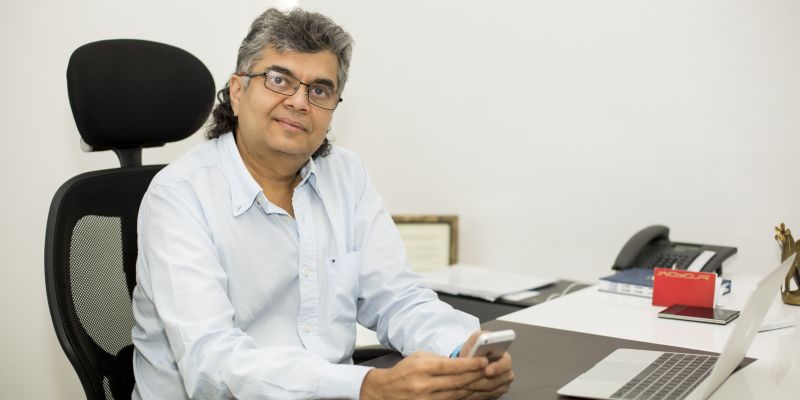
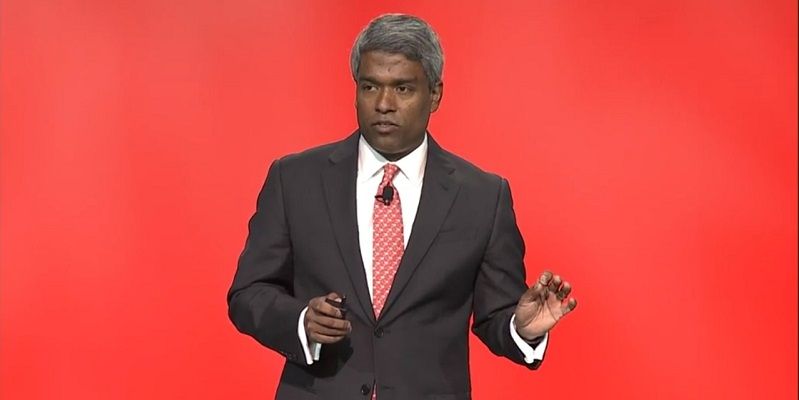
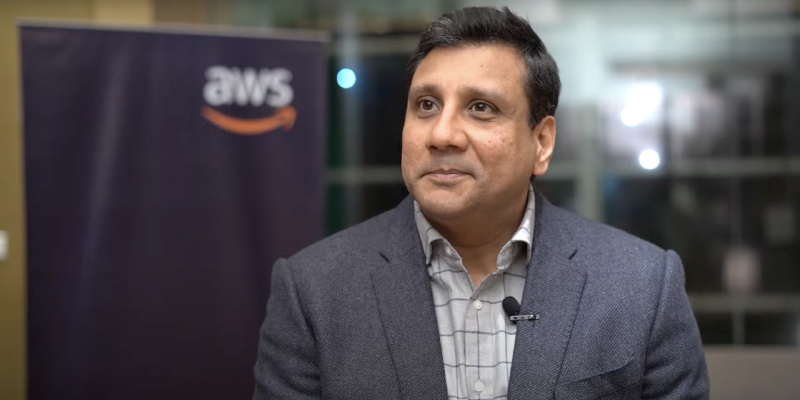
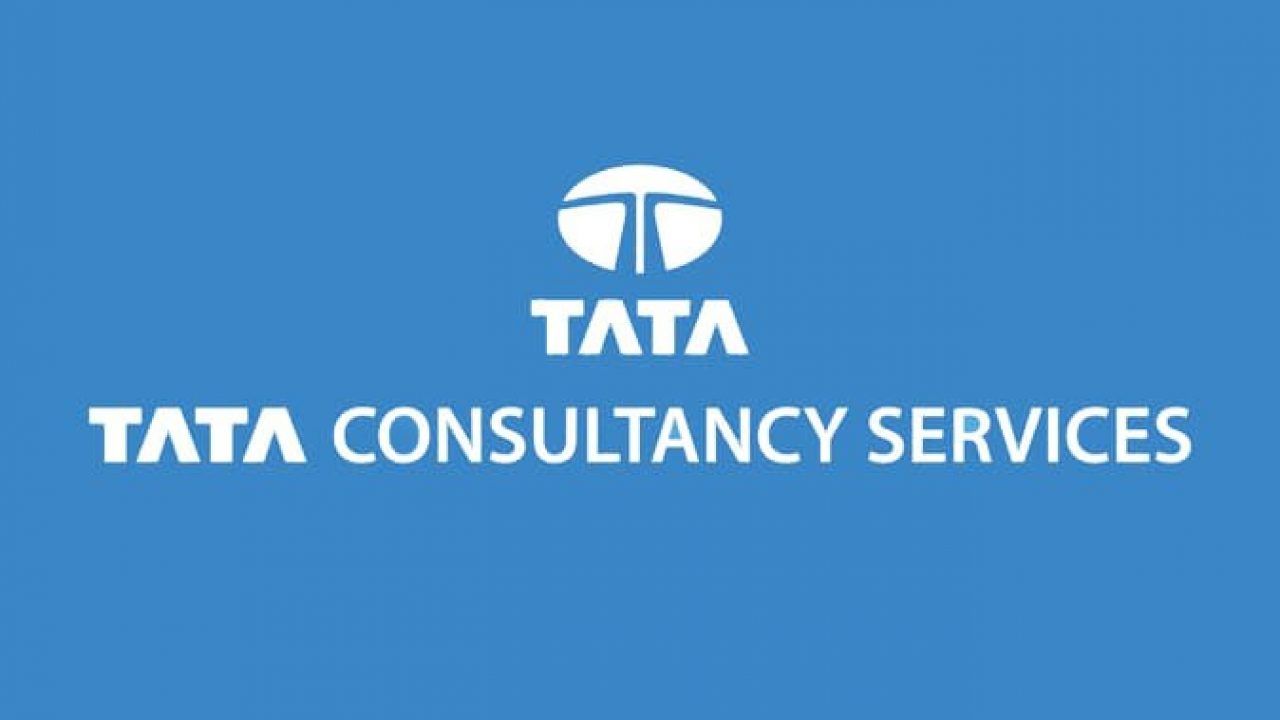
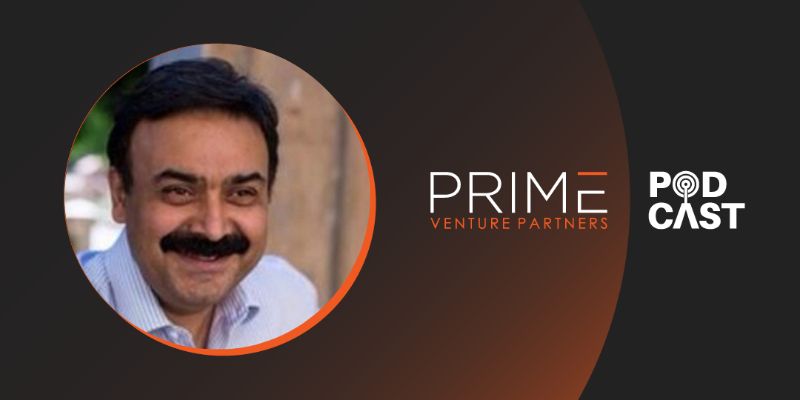
![[App Fridays] Amazon Academy heats up edtech's test prep segment; hits half a million downloads in beta](https://images.yourstory.com/cs/2/dc9aa1302d6c11e9aa979329348d4c3e/Amazonacademy-01-1604497983228.png)